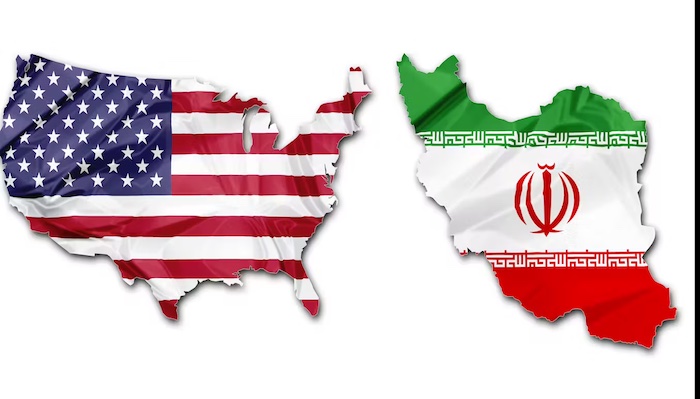In a sweeping new sanctions move, the United States has targeted a massive Iranian oil smuggling network and a Hezbollah-linked financial institution, escalating efforts to choke off funding for what Washington describes as destabilizing activities across the Middle East.
The announcement, made Thursday by the U.S. Treasury Department, signals a renewed push to dismantle the financial arteries sustaining Iran’s sanctioned oil trade and Hezbollah’s international operations.
At the heart of the sanctions is Salim Ahmed Said, an Iraqi businessman alleged to be the mastermind behind a complex smuggling operation.
His network of companies is accused of disguising Iranian oil as Iraqi crude and moving it through an elaborate logistics chain, ultimately generating billions of dollars in revenue since at least 2020.
That revenue, officials warn, has been funneled back into Iran’s foreign policy engine, funding proxy militias, rogue regimes, and actors like Hezbollah that are classified by the U.S. as terrorist organizations.
“We will continue to aggressively pursue entities and individuals who enable the Iranian regime to evade sanctions and finance terrorism,” said Scott Bessent, Acting Treasury Secretary.
“This is about disrupting access to financial resources that fuel instability and conflict.”
The smuggling network relied heavily on what analysts call a “shadow fleet” a clandestine group of oil tankers that obscure their true cargo and origin by falsifying shipping documents, disabling tracking systems, and blending fuels mid-route.
Several of these tankers, now under U.S. sanctions, were said to be instrumental in moving Iranian oil undetected through Gulf waters, falsely marketed as Iraqi exports.
By evading oil sanctions, Iran was able to sustain critical revenue flows despite international restrictions imposed over its nuclear ambitions and foreign interventions.
In a parallel crackdown, the Treasury also designated senior officials and one key entity tied to Al-Qard Al-Hassan, a shadowy financial institution used by Hezbollah to conduct off-the-books transactions.
While Al-Qard Al-Hassan presents itself as a charity, U.S. officials say it operates more like a full-fledged bank one that provides interest-free loans to Hezbollah operatives and launders foreign currency through shell accounts.
Treasury investigators allege that the bank facilitated millions of dollars in transactions, effectively giving Hezbollah a covert financial hub outside of Lebanon’s formal banking system.
“This is about cutting off Hezbollah’s financial tentacles, wherever they operate,” a senior U.S. official told reporters.
The latest move underscores a consistent U.S. strategy of using economic warfare particularly financial sanctions to rein in both state and non-state actors seen as threats to regional or global stability.
With Iran’s nuclear program under renewed scrutiny and Hezbollah’s influence growing in parts of the Middle East and Africa, Washington’s pressure campaign appears poised to continue.
Analysts say the success of these sanctions will depend on global compliance especially from countries in Asia and the Middle East that have continued to trade with Iran under the radar.
The Biden administration has kept sanctions architecture largely intact from previous administrations, using Treasury designations to signal zero tolerance for oil smuggling, terror financing, and sanctions evasion.
As of now, neither the Iranian government nor Hezbollah has officially responded to the latest designations.
But one thing is clear: the U.S. is drawing a sharper line economically and diplomatically against actors it accuses of fanning the flames of global instability.







